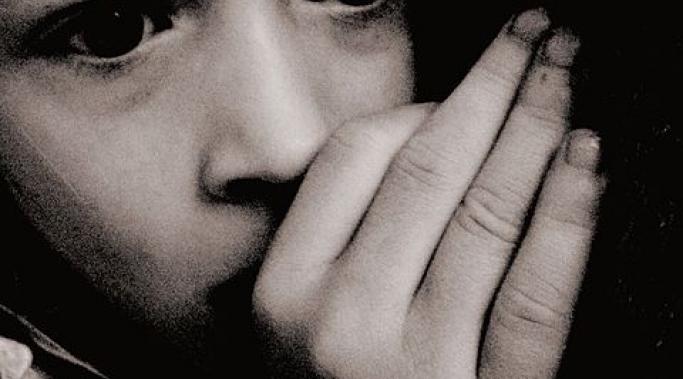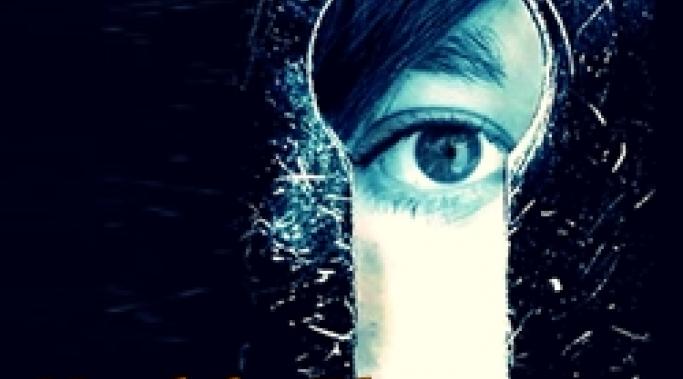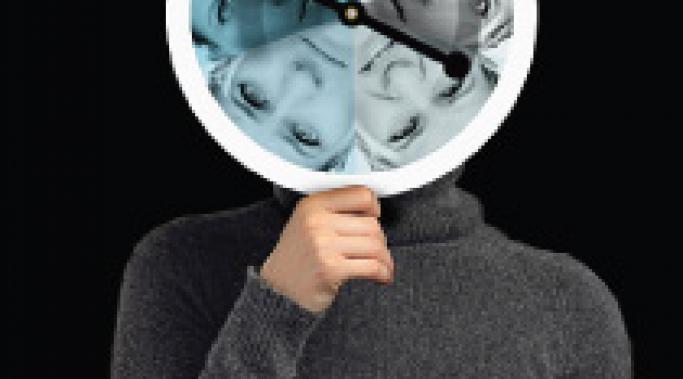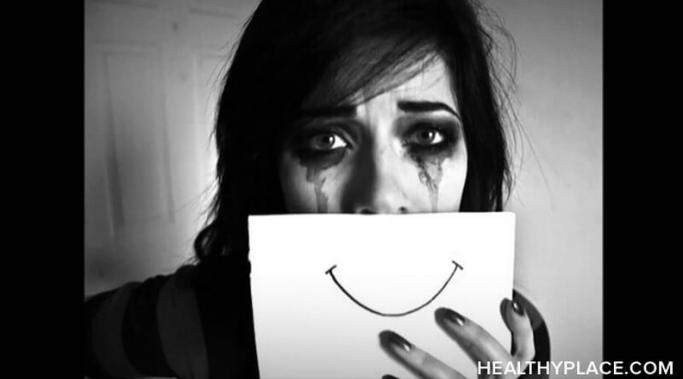Codependency, like addiction, is a serious problem that can affect many people with borderline personality disorder (BPD). Codependency is a behavioral and psychological condition in which a person sacrifices his/her own wants and needs in order to maintain an unhealthy relationship. It is also called "relationship addiction." Codependency is probably due to the intense fear and frantic efforts to avoid abandonment common in BPD.
Borderline Symptoms
This is a hard piece for me to write because it involves recognizing emotional abuse and the events leading up to my diagnosis of borderline personality disorder (BPD) and complex post-traumatic stress disorder (PTSD). It may be triggering to fellow survivors of emotional abuse. If you aren't in a place where you can read about it, don't read this piece. It's okay not to be ready to face your past by hearing about mine.
Can we be addicted to self-injury? Could the act of self-harm effect us like alcohol or a drug? Recently my therapist and I have begun to work on my addiction to alcohol. One session went particularly rough and left me craving a stiff drink. However, I also wanted to self-injure. It was my way to cope, my way to deal with the pain. I then asked, "Could I be addicted to cutting?" Is it possible to be addicted to self-harm?
The good news is there is hope. BPD is treatable. However, it is useful to know if you fall into a subtype in order to better communicate with your mental health professional. You may not know where you fall, and you may not fall into one of those categories--that's okay. What's important is that you understand your diagnosis, in order to improve the outcome of treatment.
We're not doomed to go through life constantly ready to explode.
Many people with borderline personality disorder (BPD) have suffered from a traumatic event. As a result, their BPD symptoms are sometimes triggered by reminders of the trauma. Triggers can result in a flare-up of BPD symptoms, ranging from a mild depression to a suicidal crisis. So how do you face them?
For many people with borderline personality disorder (BPD), depression is often a frequent, unwelcome visitor. However, it is not always easy to tell when a depressive episode is beginning. Sometimes it comes out of the blue, other times it sneaks up on the person. All we know is that once things were okay, but now they're not.
I have two nephews, Des and Landon, that I dote on considerably. During Thanksgiving, I visited Landon at his parents' house, Landon wanted to show me everything ("Fish! Tree! Light!") and gave me one of his toys. When I visited Des at my parent's house, I held out my arms and he screamed--he thought I was a stranger since I'm not around him every day.
Two one-year-olds. Two different phases of development.
So what does this have to do with borderline personality disorder (BPD)? Just as two one-year-olds may differ, so people with BPD may differ. There is no one way to have BPD.
One of the problems with borderline personality disorder (BPD) is the ease with which we believe harmful core beliefs. It's as if we think that they are the insight of the century. But believing something does not automatically make it true--not everything you think is trustworthy. Here are six steps to changing a harmful core belief.
One of the symptoms of BPD is "transient, stress-related paranoid ideation or severe dissociative symptoms". That's a fancy way of saying that when a person with BPD is under a great deal of stress, he or she can dissociate. He or she experiences an "altered state of consciousness characterized by partial or complete disruption of the normal integration of a person’s normal conscious or psychological functioning", as Wikipedia puts it. Translation: detachment or distancing from reality.









